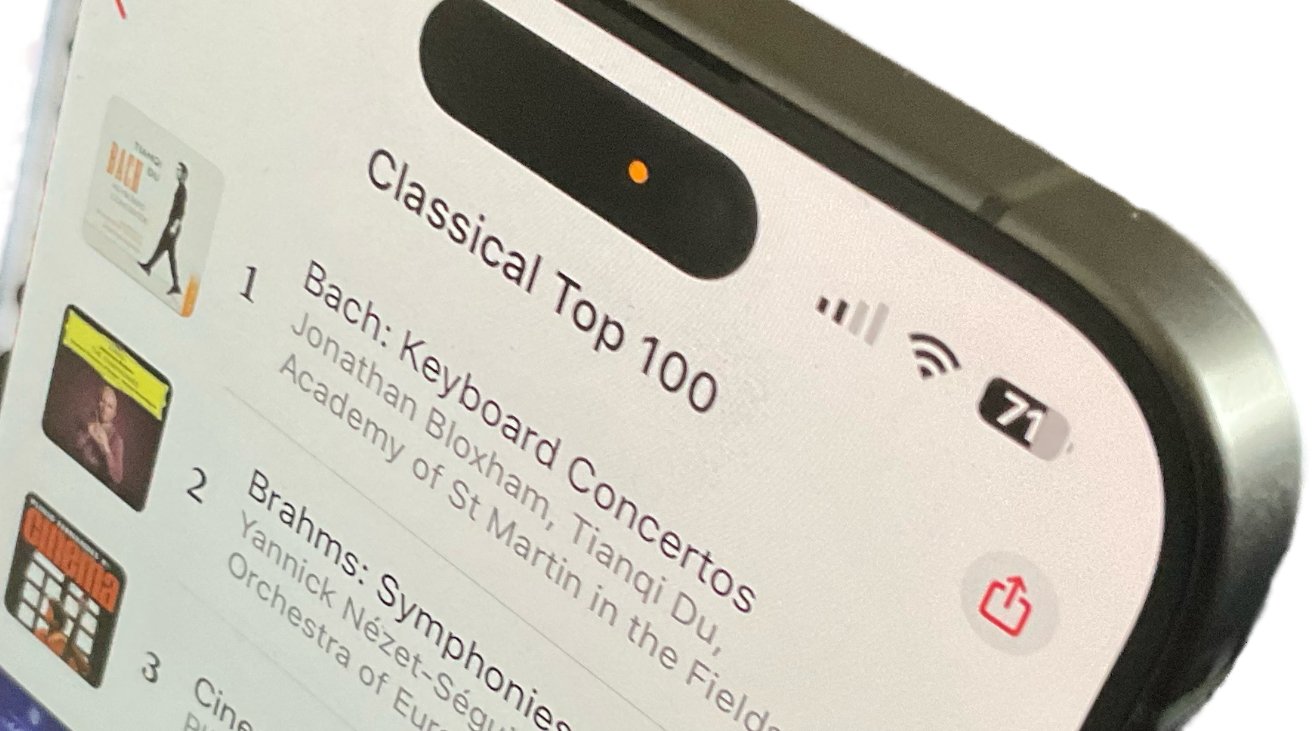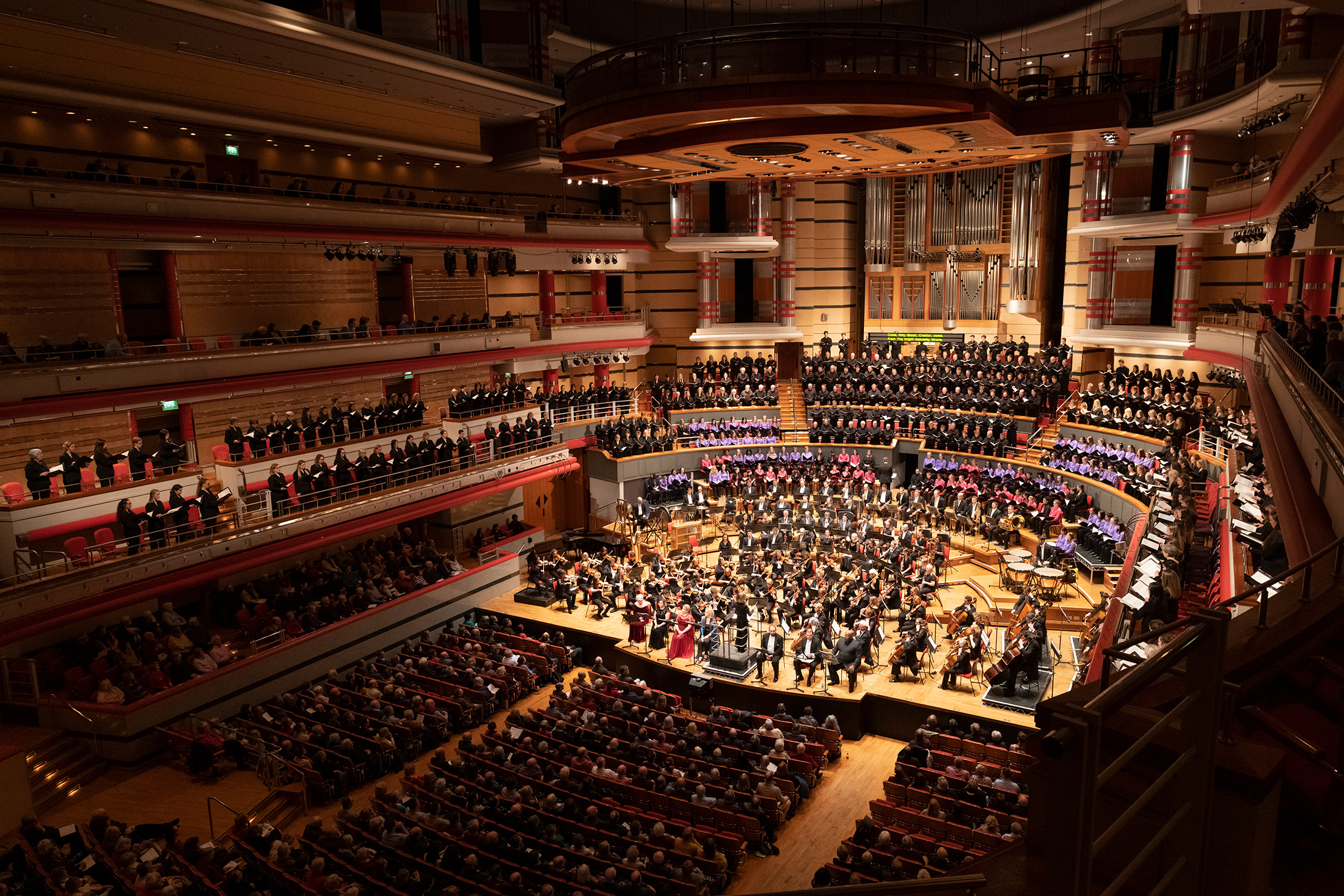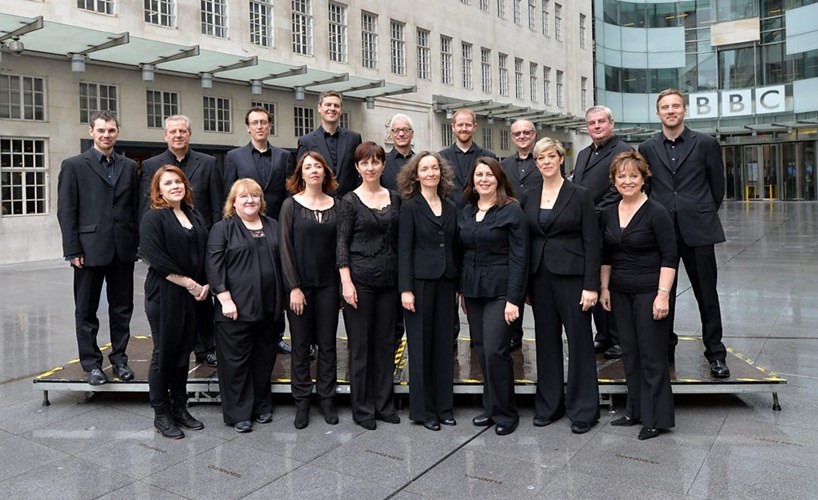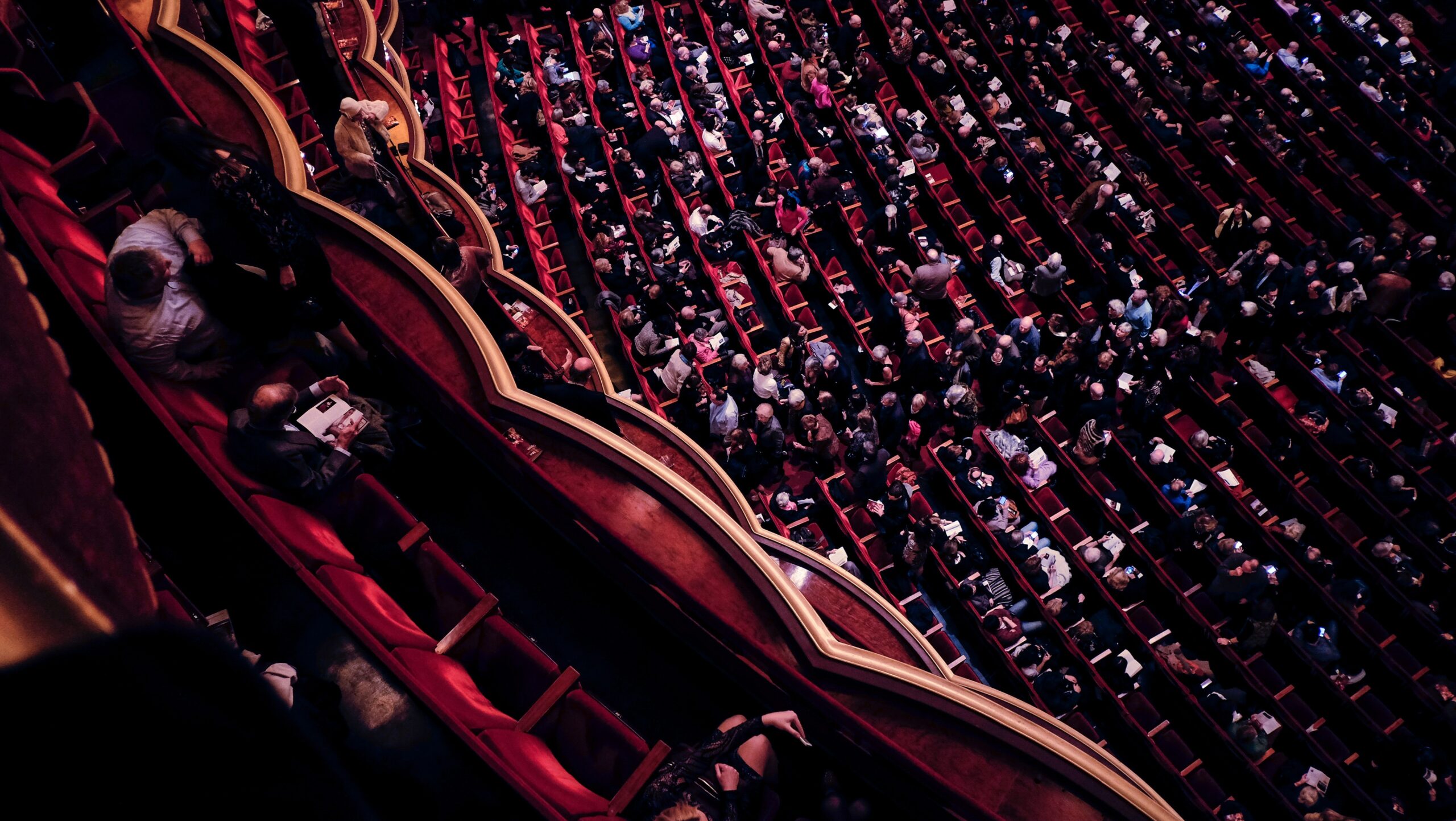Category: Opinion
-

Apple Classical Top 100 – the chart that classical musical lovers ‘deserve’
Apple’s new chart of classical music consumption draws on data derived from its own platform.
-

Donne’s Equality and Diversity in Global Repertoire report highlights the ongoing gender gap in classical music concert programming
The report calls for a more diverse approach to programming, but are there other factors beyond programming choices that contribute to this gap?
-

BBC Proms 2024 programme announced
Composer spotlights, core repertoire, crowd-pleasing classics, and eyebrow-raising pop crossovers, underline a strategy focused on greater audience reach that overly stretches the Proms tagline about it being the greatest classical music festival in the world.
-

The CBSO’s experiments with the concert experience
In criticising innovation those who complain are simply reinforcing the need for the innovation in the first place.
-

Andrew Davis (1944 – 2024)
There was a refreshing authenticity about him. What you saw on stage and on TV was, it seemed, him through and through. What a way to live a life.
-

Trust is key and power destroys it
Bottom line, if you want the profile, play the game. With everyone. Otherwise, eventually, no one will talk about you. At all.
-

Edinburgh International Festival 2024 – a ritual that unites us
The 2024 Edinburgh International Festival, running from August 5 to 25, emphasizes audience engagement and affordability, featuring diverse music, theater, and dance, despite the high costs of local accommodations.
-

BBC Singers saved with a VOCES8 Foundation partnership
The BBC has announced that the BBC Singers will continue in its present form, its education and community engagement work now ‘supported’ by the VOCES8 Foundation. That a solution has been arrived at that retains talent, and sets up the ensemble for the future is fantastic for classical music in the UK, spurring on campaigners,…
-

Steve Wright’s disruptive creative thinking built an audience interested in ‘things’
Following DJ Steve Wright’s death, the outpouring of public sentiment illustrates parasocial interaction, where audiences feel a personal connection to media figures despite its one-sided nature. Wright’s legacy prompts reflection on how media, especially radio, blends entertainment with content, a blend that classical music broadcasting might benefit from.
-

When’s the right time to applaud at a classical music concert?
Strive to hold the silence. But know your presence is welcome and applause appreciated. Just don’t be performative.